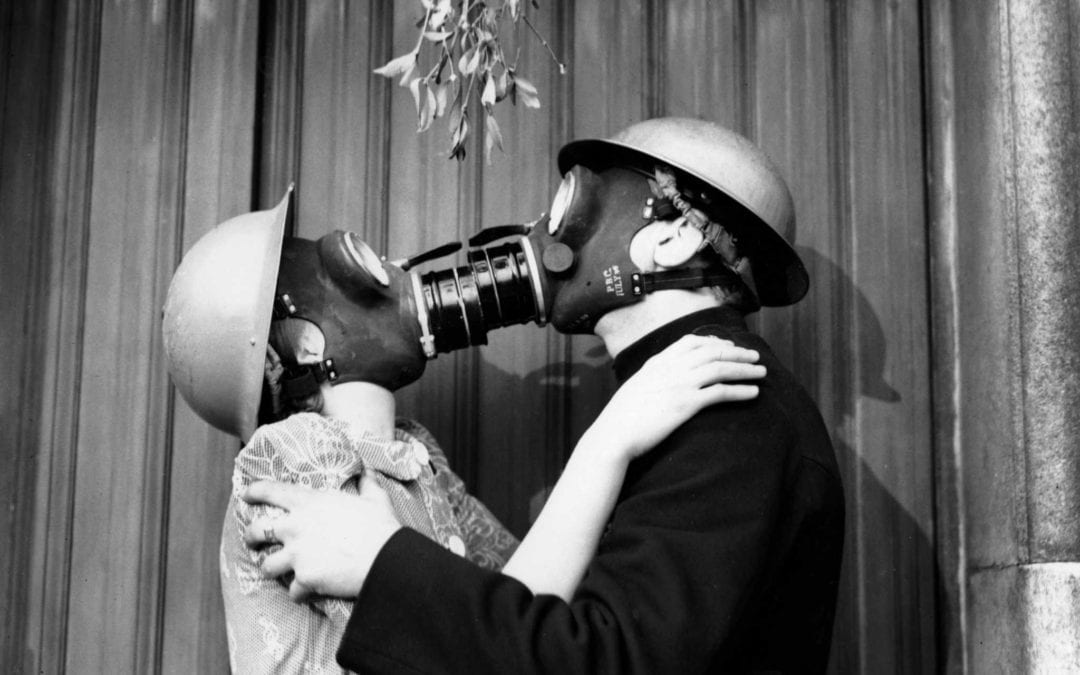It may be hard to believe, but it is just as possible to become addicted to a person as it is to become addicted to drugs or alcohol. Just like alcoholism and drug addiction have adverse effects on our health, harmful relationships in which we are too addicted to another person to leave have negative effects on our mental and even physical health. When a relationship begins to take a toll on your health, it may be time for a serious change.
How to Spot a Toxic Relationship
Here are the signs you may be in a toxic relationship according to licensed psychologist, Jeffrey Bernstein Ph.D., and professor of psychology, Kelly Campbell Ph.D.:
- Criticism and contempt: Signs of criticism and contempt may appear as your partner distastefully making fun of you. Contempt can also appear as one partner criticizing another in public. Acting superior also conveys a contemptuously, toxic message. To experience the one you love, or once loved, ripping you with incessant fault-finding barrages is highly demoralizing and emotionally unhealthy.
- Avoidance: Avoidance is a very passive-aggressive form of relationship toxicity and it often gets progressively worse over time.
- You feel hopelessly lost in negative energy: At the end of the day, and most of the time during it, do you feel increasingly beaten down, emotionally bankrupt and numb? Does it seem that any initially promising positive changes are unsustainable? (Bernstein)
- You feel like you’re walking on eggshells: The person you are with is unpredictable and could get upset at the drop of a hat. You constantly monitor what you say, how you say it, and when you say it to avoid rocking the boat.
- You are investing a lot in terms of time, emotions, and money, and getting little in return: Healthy relationships should not be one-sided. Although sometimes people carry the burden for a period of time, this should not be something that continues indefinitely.
- Your partner holds you back: If you notice that your partner is jealous, competitive, and generally unhappy when you are doing well, then that’s a huge red flag.
- You lack independence: If your partner needs to know where you are at all times, calls or texts constantly while you are apart, goes through your phone or computer, manages and restricts your finances, or engages in other obsessive and controlling behaviors, the relationship is likely toxic.
- Your sense of self-worth has dramatically declined since beginning the relationship: Examine the extent to which your partner has contributed to that outcome. Do they put you down, criticize you, judge you, disrespect you, or ignore you?” (Campbell)
If you see these signs in your relationship, it may be time to seek help from a mental health professional such as a couples therapist, or if the situation is extreme, separate yourself completely.
How to Get Away
Take these tips on how to make a break for it from Kelly Campbell Ph.D. and Kristen Fuller M.D.:
- Cut off communication with the toxic person: Continuous exchanges can prolong the healing process. Sometimes it is impossible to cut off all communication, so keep the communication direct and minimal—discuss what you must and nothing more.
- Take the time you need to heal: Spend time with people who love you and who build you up rather than tear you down.
- Pick up some hobbies that you either used to enjoy or have always wanted to try (Campbell)
- Work on yourself before getting into another relationship: With toxic relationships, it can take time to get in touch with who you are and to heal from the damage caused by the relationship.”
- Practice self-care whether this is exercise, reading a good book, or buying yourself a gift.
- Do not allow feelings of regret or self-doubt to manifest on a regular basis.
- Take time for yourself before you dive back into another relationship.
- Talk about your feelings.
- Do not be afraid of sharing your story or feeling shame for what you experienced.
- Do not victimize yourself but instead view yourself as a strong individual (Fuller).
Although it may seem impossible, it is important that you either make big changes or remove yourself from a situation that drains you of energy, self esteem, and happiness. No matter what you have been told, you deserve to be treated well. You owe it to yourself and your loved ones to give yourself a better chance at joy. While it is a steep mountain to climb, there is hope on the other side!
From a Mind Map Perspective
When you are trapped in a toxic relationship, the emotional trauma triggers your amygdala, the center in your brain for the fight or flight response. Since the relationship is a hostage situation where you cannot fight and there is nowhere to fly, the brain responds with anxiety disorders, psychosomatic disorders (disorder/s caused or aggravated by a mental factor such as internal conflict or stress), or a host of other negative effects. Stuck in a cycle of abuse that breaks you down, you begin to build negative core beliefs like “I am not lovable” or “I will never be in a happy relationship.” These beliefs echo through your life, and cause you to feel like there is no way out, and even if you do get out, you may find yourself attracted to similar dysfunction. In order to break out of the cycle that is beating you down, you must examine your past for the signs of toxicity in your relationship, realize how those events influenced your core beliefs, dismantle them, and move on to healthier, loving relationships. Once you do this, you will be able to paradigm shift into a life with positive connections and heal from the painful experiences you had.

